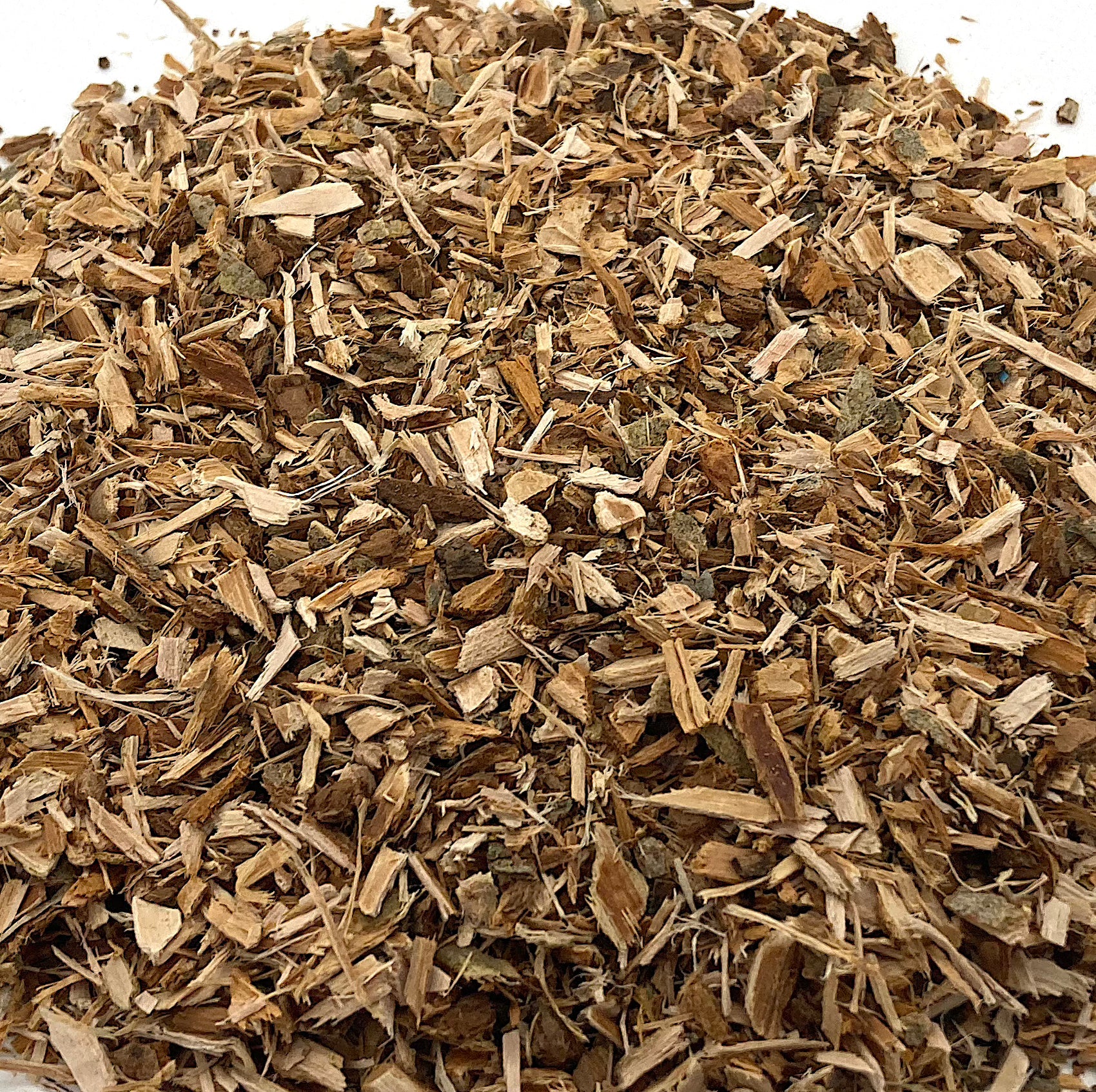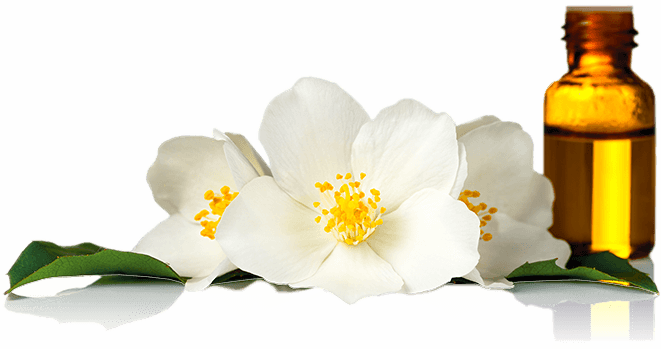Description
ALBANIA. White Willow (Salix alba) Bark, Cut and Sifted, Wild Harvested
Common names: Basket Willow, European Willow, Bay Willow, Crack Willow, Laurel Willow, Banjul, Bed Sada, Bai Liu, Bu Shan, Madnu, Silberwiede, Ved, Vibir, Vitika
Family: Salicaceae
The White Willow is a fast-growing deciduous tree that can reach 30 to 80 feet high. It is native to Europe, western and central Asia, and north Africa, and naturalized in many parts of North America. Salix alba often grows near water, thriving in moist soil and partial shade to full sun.
The flexible stems of White Willow have been used for basket-making. Tannin from Willow bark has been employed for tanning leather. The bark contains enough indole-3-butyric acid (a plant hormone which stimulates root growth) that a solution of Willow trimmings is sometimes used instead of commercial products to clone rootstock.
White Willow bark has been used in Europe, China, Egypt, and the Near East since ancient times to relieve many kinds of pain and to reduce fevers. Salicin was extracted from the bark and isolated in the form of salicyclic acid in the nineteenth century, leading to the development of aspirin (acetylsalicylic acid). Herbalists have also used White Willow bark as a digestive tonic, for treating intestinal parasites and chronic diarrhea, and as a topical antiseptic and astringent for wounds, ulcers, and eczema.
*These statements have not been evaluated by the FDA. These products are not intended to diagnose, treat, cure or prevent any disease.








